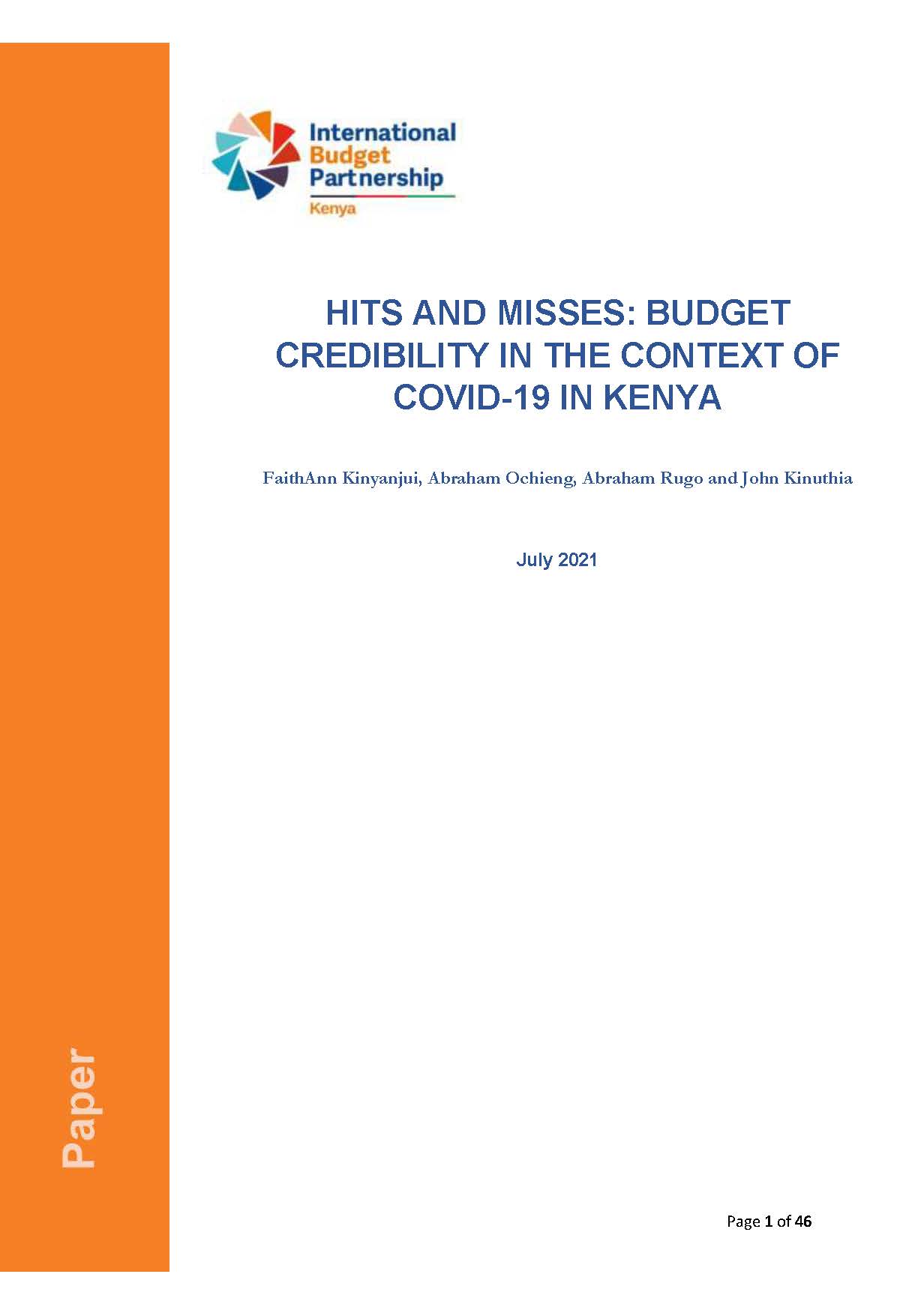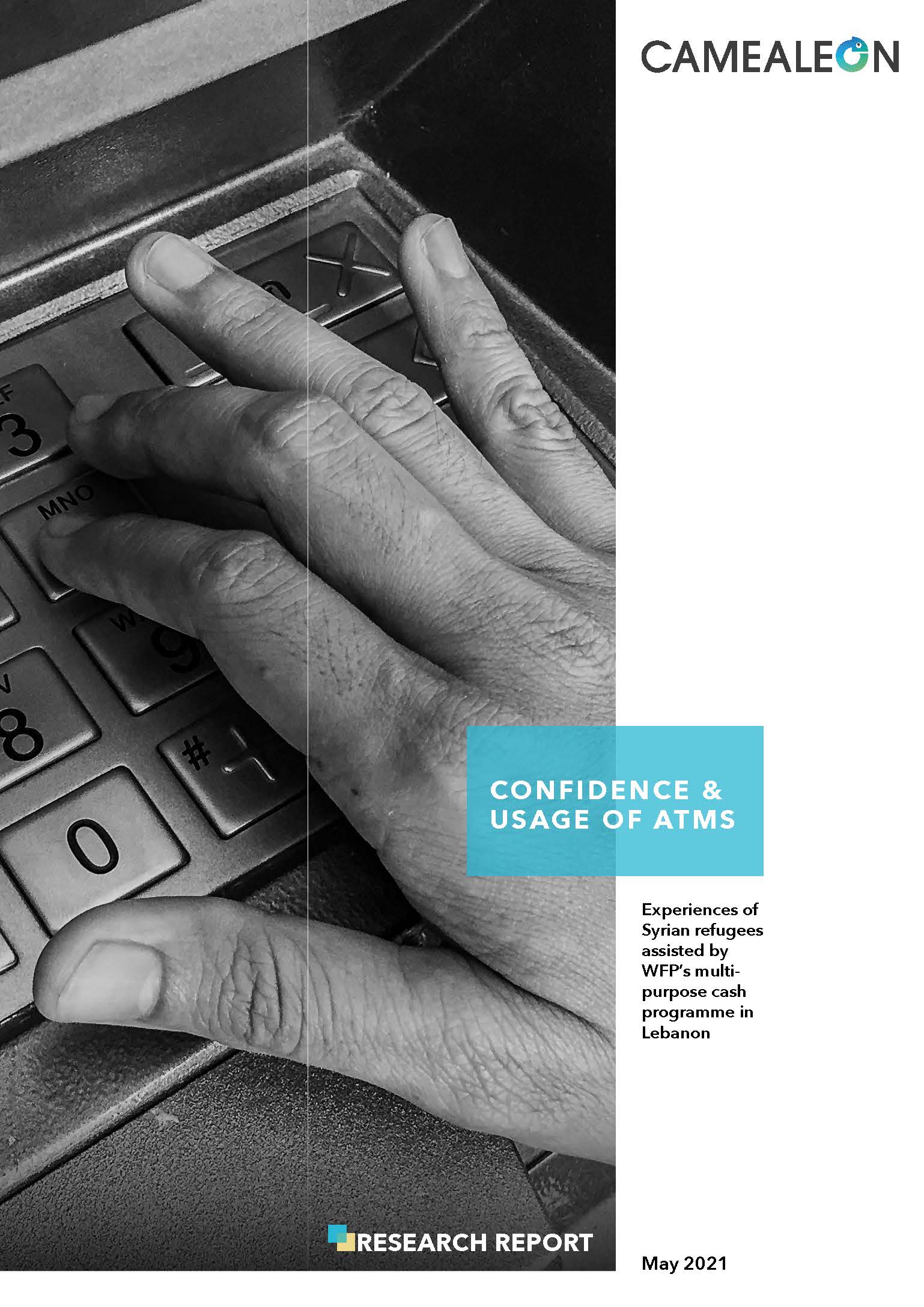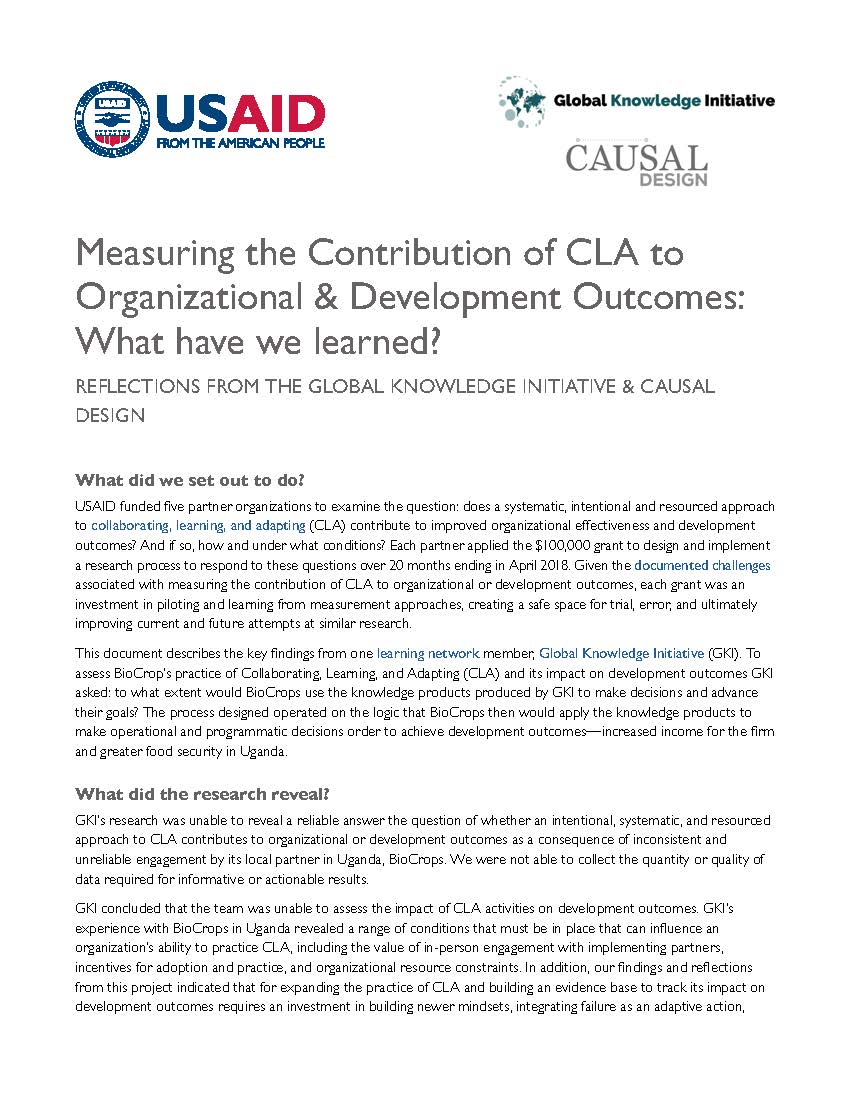Search Results
Vendor Experiences with Humanitarian Cash & Voucher Assistance: Findings From Chad and Colombia
The move from in-kind aid to cash and voucher assistance (or CVA) has gained lots of momentum in recent years. One of the purported benefits of CVA is that, because recipients spend it in local markets, it provides a much-needed stimulus to economies that have been badly affected by crises. But how does this play out for individual vendors in a given context? Do some types of vendors benefit more than others? What kinds of support would vendors in crisis-affected markets prefer? In this webinar, the IRC will share findings from a three-year, USAID-funded research project that tackled these questionsSanPlan Tool Preview
The WASHPaLS team designed the SanPlan tool—a free web-based application for employing publicly available spatial data to guide sanitation programming—based on learnings from its multi-year research activities on factors that influence sanitation program success. SanPlan features overlays of multiple datasets in way that allows users to explore and query spatial information to improve location targeting, budgeting, and program design. It also includes a customized map layer developed to classify communities and geographic areas into three typologies of accessibility—rural remote, rural on-road, and rural mixed—which can be used for determining the type of sanitation intervention most suitable for a particular area
Hits and Misses: Budget Credibility in the Context of COVID-19 in Kenya
Authors:
International Budget Partnership
Sector Type:
Social Cohesion
Year Published:
2021

Confidence and Usage of ATMs: Experiences of Syrian Refugees Assisted by WFP’s Multi-Purpose Cash Programme in Lebanon
Authors:
The Cash Monitoring, Evaluation, Accountability and Learning Organizational Network (CAMEALEON)
Sector Type:
Emergency Response |
Cash & Voucher Assistance (CVA)
Year Published:
2021

Measuring the Contribution of CLA to Organizational and Development Outcomes
Authors:
USAID
Sector Type:
Collaborating, Learning, and Adapting |
Program Design and Management
Year Published:
2021
Discovering Design Principles of Impactful Market Ecosystems for Farmer-Led Irrigation
Today, millions of farmers across Africa, Asia, and South America are proving that affordable micro-irrigation solutions such as drip systems work. By adopting these solutions, farmers are growing more food with less water—and making a profit doing it. But too many farmers still face an uphill battle in accessing effective micro-irrigation solutions. It takes a dedicated market ecosystem of private and public sector actors, using the right methods and tools, to lower the barriers to adoption for smallholders and deliver on the promise of genuine, inclusive farmer-led irrigation at scale. At iDE, we’ve seen that we can foster better marketJust the Job: Can Market Systems Development Support Rural Employment?
View Presentation Watch Recording Research shows that current approaches to supporting rural employment are having a limited impact, particularly when compared to the scale of rural unemployment. As a result, BHA partners are increasingly considering alternative approaches, including incorporating the principles of market systems development (MSD) into rural employment programs to bring about more sustainable systems change. Though there is limited evidence to date, there are promising signs, and the approach has been successfully used by a small number of programs. This webinar will promote discussion on what has worked, and what hasn't, when bringing a market systems lens toDesigning The Next Generation of Co-Produced Climate Services
Authors:
WISER
Sector Type:
Water, Sanitation, and Hygiene |
Emergency Response |
Resilience and Disaster Risk Reduction
Year Published:
2021